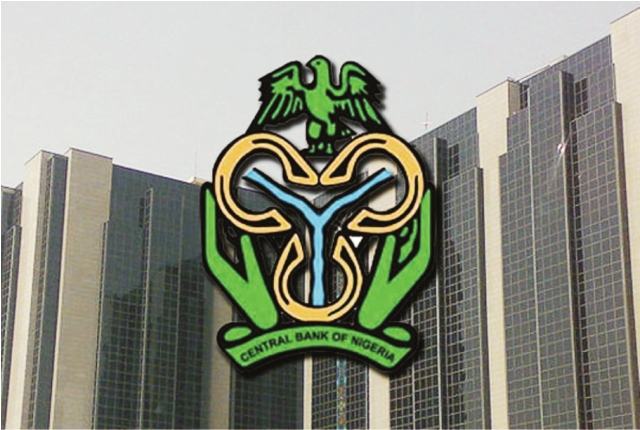Business
‘FG’s Borrowings Threaten Domestic Prices, Exchange Rate’

Central Bank of Nigeria (CBN) has warned that the Federal Government’s rising borrowing from its Ways and Means Advances could lead to adverse effect on the bank’s monetary policy at the detriment of domestic prices and exchange rate.
Data from the apex bank revealed that the nation’s borrowing through Ways and Means Advances has risen from N17.46 trillion in December 2021 to N19.01 trillion in April 2022.
Ways and Means Advances are loan facilities through which the CBN finances government’s budget’s shortfalls.
According to the Debt Management Office (DMO), the figure represents an increase of N1.55 trillion within the first four months of 2022 and the N19.01 trillion owed to the apex bank by the Federal Government is not part of the country’s total public debt stock, now standing at N41.60 trillion as of March 2022.
Nigeria’s public debt stock, according to the agency, only includes debts of the Federal Government of Nigeria, the 36 state governments and the Federal Capital Territory.
Also, Section 38 of the CBN Act, 2007, says the apex bank may grant temporary advances to the Federal Government in respect of temporary deficiency of budget revenue at such rate of interest as it may determine.
“The total amount of such advances outstanding shall not at any time exceed five per cent of the previous year’s actual revenue of the Federal Government.
“All advances shall be repaid as soon as possible and shall, in any event, be repayable by the end of the Federal Government financial year in which they are granted, and if such advances remain unpaid at the end of the year, the power of the bank to grant such further advances in any subsequent year shall not be exercisable, unless the outstanding advances have been repaid”, the Act states.
The CBN had stated on its website that the Federal Government’s borrowing from its Ways and Means Advances could have adverse effects on the bank’s monetary policy to the detriment of domestic prices and exchange rates.
“The direct consequence of central banks’ financing of deficits are distortions or surges in the monetary base leading to adverse effects on domestic prices and exchange rates i.e macroeconomic instability because of excess liquidity that has been injected into the economy,” it stated.
Business
MWUN Backs Nigeria’s Bid For IMO’s Category C Seat
Business
Food Security: FG To Review Nigerian Agric laws
Business
Okpebholo Charges Committee To End Herders, Farmers Clash In Edo … Inaugurates Boundary Committee
-
Rivers1 day ago
Andoni Charges Students to Prioritize Studies, Dev
-
Niger Delta1 day ago
C’River Commences Inquiry Into NDDC’s Project Inauguration Disruption
-

 Entertainment1 day ago
Entertainment1 day agoPMAN Set To Implement Performance Levy ‘Tomorrow
-
Politics1 day ago
Gowon Explains Why Aburi Accord Failed
-
Sports2 days ago
Makinde Fulfills Land Promise To Shooting Stars Players
-
News1 day ago
U.S. Envoy Warns Hezbollah Against Entering Israel-Iran Conflict
-
Politics1 day ago
LG Elections Beneficiaries Remain Sacked — OSIEC
-
Niger Delta1 day ago
Diri To Deliver UNIPORT’s 35th Convocation Lecture July 25th … As UNIPORT’s Mgt Visits Bayelsa

